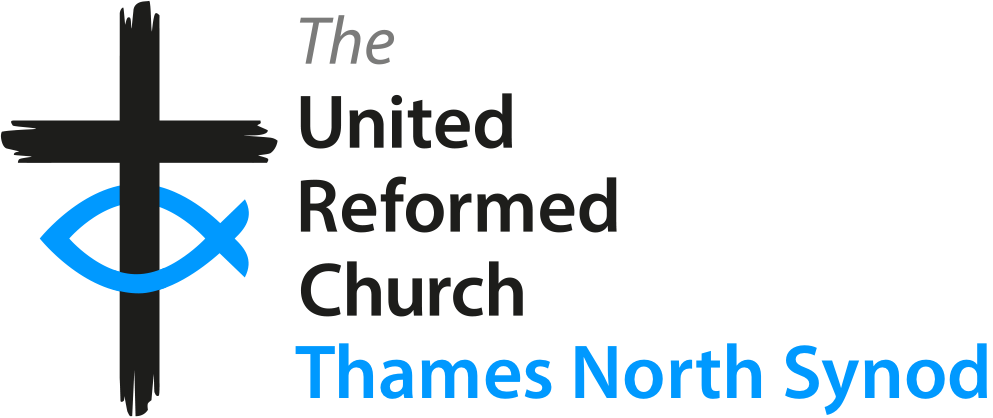Safeguarding
-
How we protect and support children, young people, and vulnerable adults across our churches.
-
Reporting a Safeguarding Concern
If you’re worried about someone’s safety, find out how to report your concerns clearly and confidentially.
-
Safeguarding Training & Events
Stay up to date with training opportunities to help you and your church create a safer environment.
-
Learn to recognise the signs of specific safeguarding issues, including different types of abuse, exploitation, and vulnerability.
-
Understanding the signs of domestic abuse and how to respond.
-
Information on how to recognise and report grooming and exploitation.
-
Guidance on identifying and dealing with issues of financial abuse.
-
Advice to follow in the event of honour-based abuse or forced marriage.
-
Managing Risks & Safeguarding Agreements
The formal process for managing individuals who may pose a risk to others within the church community.
-
Coping with the experience of losing someone important to us.
-
Financial Hardship & Homelessness
Understanding vulnerability and finding sources of help.
-
IICSA (Independent Inquiry into Child Sexual Abuse)
The findings from the Independent Inquiry into Child Sexual Abuse.
-
-
Safeguarding Policies & Guidance
Essential policies and best practice guidance for keeping people safe in our churches.
-
The official Safeguarding Policy for Children and Adults for the Thames North Synod.
-
Guidance on the safeguarding responsibilities and duties of Elders as charity trustees.
-
Safer Recruitment and Volunteers
The principles and procedures for ensuring only suitable people work with children and adults at risk.
-
Best practices for safe online communication and ministry.
-
Activities in Private Dwellings
Guidance on assessing and managing the unique risks of holding church activities in private homes.
-
-
Safeguarding Resources & Forms
Download essential safeguarding forms, templates and printable materials for use in your church.
-
Get in touch with our Safeguarding Officers for confidential advice, support, or reporting.
-
Managing Risks & Safeguarding Agreements
The formal process for managing individuals who may pose a risk to others within the church community.
A Welcoming and Safe Church
Our churches are called to be welcoming communities, offering grace and support to everyone. This includes those who may have offended in the past or who might pose a risk to others. Managing this requires a careful, structured approach to ensure the safety of the entire congregation, especially children and adults at risk.
If you become aware of a person with a conviction history or have concerns about an individual's behaviour, it is vital that you share this information immediately with your Church Safeguarding Coordinator or the Synod Safeguarding Officer. Never attempt to investigate or manage the situation yourself.
What is a Safeguarding Agreement?
A Safeguarding Agreement is a formal document created in partnership with an individual who may pose a risk. It sets out clear boundaries and expectations for their attendance and participation in church life. This is not a punishment, but a tool designed to enable them to worship in a way that is safe for everyone.
Please note: Safeguarding Agreements must only be developed and authorised by the Synod Safeguarding Officer, in consultation with the local church and relevant statutory agencies. This ensures the process is handled with the necessary expertise and legal oversight.
The Role of the Local Church
Your role is to support the process and help maintain the agreed-upon plan. You can do this by:
- Risk assessing any new activities, including online and virtual forums, to mitigate new risks.
- Consulting your Synod Safeguarding Officer when establishing and reviewing safeguarding contracts, especially in relation to online ministry.
- Remaining vigilant when using online group meetings to ensure that individuals who should not be participating are not present.
- Ensuring you are up to date on your safeguarding training so that restrictions or actions in place to support others are not compromised.
- Considering how to continue to offer spiritual support safely to all parties involved.
- Maintaining confidentiality for everyone involved throughout the process.
Further Training and Resources
For expert guidance on managing risk, we recommend the resources provided by Thirtyone:eight (formerly the Churches' Child Protection Advisory Service). They offer a wealth of information and training on their website: thirtyoneeight.org
We also strongly encourage all elders and safeguarding coordinators to stay up to date with our Synod's safeguarding training, which covers these complex issues. You can find the latest schedule on our Safeguarding Training & Events page.
